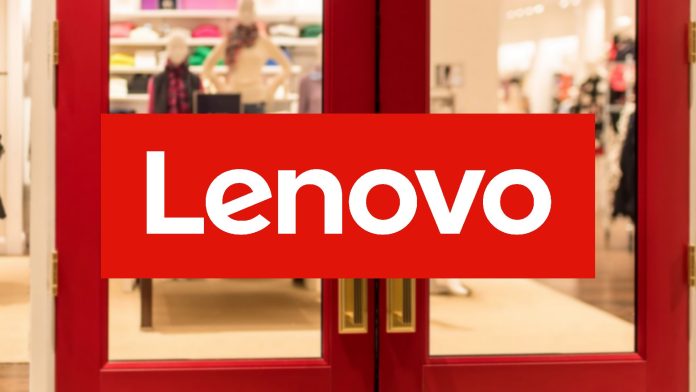The retail landscape is rapidly shifting, propelled by evolving consumer expectations, economic challenges, and the necessity for efficiencies that ensure profitability. As small business owners grapple with the demand for an omnichannel experience and the pressures of rising operational costs, integrating advanced technologies becomes critical to staying competitive.
Lenovo’s vision for the "Store of the Future" focuses on leveraging digital technology to enhance the consumer shopping experience and streamline operational processes. By introducing innovative solutions such as AI-powered self-service kiosks, computer vision tools, and automated supply chain systems, Lenovo partners with Intel to help retailers transform into smarter, more efficient enterprises. For small business owners, adopting these technologies offers numerous benefits while also presenting unique challenges.
Retailers currently face a trifecta of hurdles: managing complex inventory, ensuring customer satisfaction across various channels, and adopting advanced technologies to maintain profitability. According to new research from IDC, commissioned by Lenovo, 39% of retailers plan to implement AI in the coming year to enhance decision-making and regulatory compliance. These findings reflect the increasing traction of AI in the retail sector, with notable investments in both interpretative and generative AI, but many businesses still struggle with the financial implications and lack of understanding of AI’s full potential.
One key trend is the adoption of self-service solutions across the retail spectrum, from grocery stores to quick-service restaurants. Such solutions not only allow consumers to take control of their purchasing journeys but also free up staff to focus on customer engagement, driving loyalty and ultimately boosting profits. Lenovo’s offerings include POS systems and self-checkout solutions backed by robust Lenovo ThinkCentre devices, enabling smooth transactions and efficient operations.
Additionally, AI-driven computer vision technologies are becoming pivotal as retailers seek to better understand customer behavior. These tools provide insights into shopping patterns, optimize product displays, and enhance theft prevention strategies. For instance, Sensormatic Solutions has successfully integrated Lenovo ThinkEdge servers to facilitate AI-led computer vision applications. This integration allows them to analyze store traffic and adapt strategies to enhance customer experiences while tackling loss prevention issues.
As many retailers transition to cloud operations, the emerging focus is on optimizing in-store processes. Lenovo supports this edge-to-cloud transformation, helping businesses make informed decisions about which operations should be managed locally versus in the cloud. This approach promises to eliminate redundancies and minimize vulnerabilities, ensuring smoother data processing to power AI applications effectively.
Supply chain automation represents another area where small businesses can gain substantial advantages. Advanced AI tools and robotics are reshaping logistical operations, reducing labor costs, and improving overall efficiency. Technologies like Lenovo’s Pick Assist and Automated Guided Forklifts are streamlining warehouse management, while ThinkStation P Series workstations equipped with Intel® Core™ Ultra processors bolster AI capabilities in supply chain analytics.
Yet, while the prospects of these innovations are substantial, business owners must also consider potential barriers. The initial investment required to adopt high-tech solutions can be daunting, particularly for small businesses with tight budgets. Furthermore, the learning curve associated with new technologies may intimidate some staff, necessitating comprehensive training programs to ensure smooth transitions.
Lenovo and Intel are committed to driving this technological evolution, equipping retailers with cutting-edge tools to navigate the complexities of today’s market. By leveraging AI, edge computing, and automation, small business owners stand to enhance customer satisfaction and streamline operations—key factors for long-term success in an increasingly competitive retail environment.
For more detailed insights into the "Store of the Future" and the technological innovations shaping retail, visit the Lenovo Tech Today interactive model here, and to dive deeper into the original findings, read the IDC study titled “It’s Time for AI-nomics” at Lenovo’s website.
The retail sector is at a pivotal moment, and those willing to invest in and embrace technological advancements will likely distinguish themselves from the competition.
Image Via Envato: krisprahl



